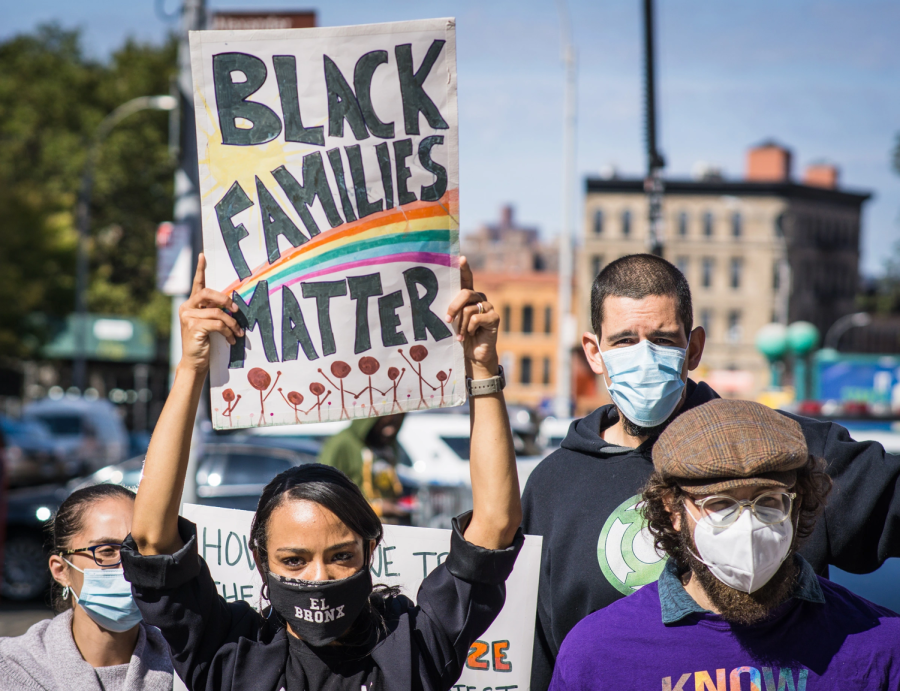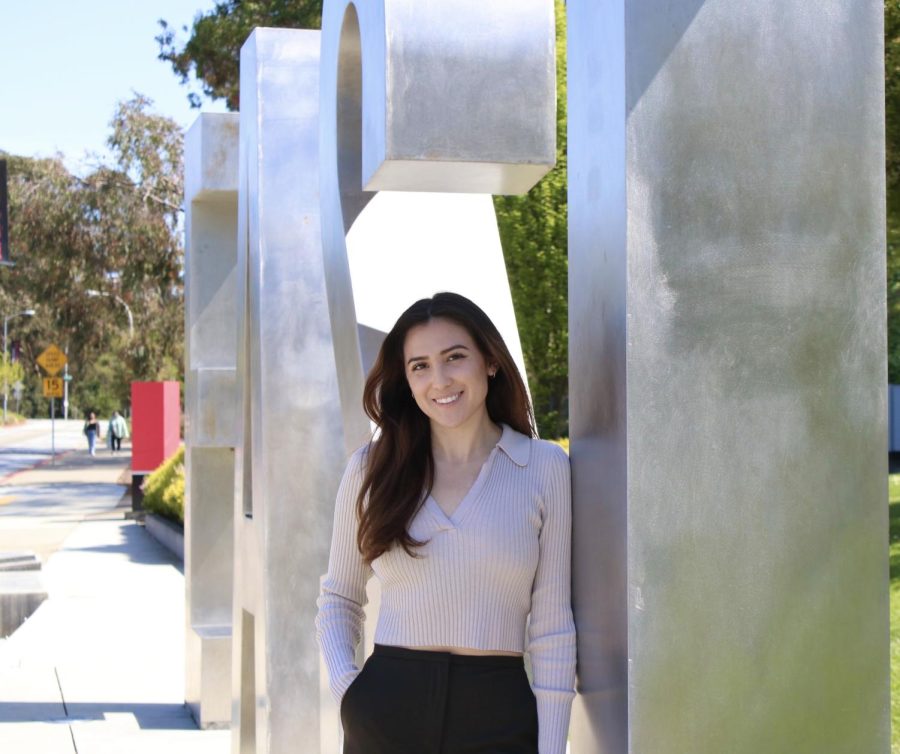Despite the atrociousness of the crime, the attack in Norway committed by Anders Behring Brevik will help highlight misconceptions of terrorism in the United States that are alienating Americans from Americans, bringing new fodder to the debate on terrorism.
Since 9/11, many Americans have been subjected to unfair stereotypes based on their ethnicity and religion. This has been made apparent through the media, community violence, and public policy.
To be clear, the stereotype is that of the Islamist Jihadi who hates America and is Arab or Muslim or all of the above.
However, it is not just Muslim or Arab Americans who are subject to this stereotype. There has been a spillover effect on American Sikhs who wear turbans and on people with darker skin complexions because many people are completely unaware of the difference.
Even when people do get the distinction right, it is still a ridiculous generalization to stereotype Muslims and Arabs as terrorists based on the actions of a minority. Doing so alienates Americans from one another and prevents the smooth operation of business and society.
While the media often plays an effective role in highlighting the irony of this misconception, it can also lead to the prolongation of stereotypes through the prevalence of negative imagery. Looking at examples like “Team America,” “Harold & Kumar Escape from Guantanamo Bay,” and the new bad guys on Hollywood’s block (Terrorists instead of Communists or Nazis) the perpetuation of this stereotype is obvious.
It is this sort of perpetuation that has led to real life violence against people associated with the imagery of terrorism and public policy that pinpoints those same people.
Nevertheless, it is evident from the incident in Norway that terrorism isn’t bound by ethnicity or religion, but rather it is a tool of the malicious, confused, and bloodthirsty.
For myself, as an American Sikh, I have been continually subjected to additional screening at airports because of my turban. It is horribly frustrating to be constantly put on display in front of others as a potential threat because the Transportation Security Administration’s unfair bulky clothing policy targets people wearing turbans (See Sikh Advocacy Groups Unite for Meeting with TSA Leadership at SALDEF.org for more information on the bulky clothing policy).
The way we view terrorism in the United States needs to change.
While the largest terrorist threat to the United States may realistically be from people who claim to be Muslim, they are not the only threat. We must be secure as a nation and target real danger, not certain ethnicities or religions.
With heartfelt condolences to the people of Norway, we must learn from the massacre to better protect America, both through better security and better cultural inclusion of real Americans.







